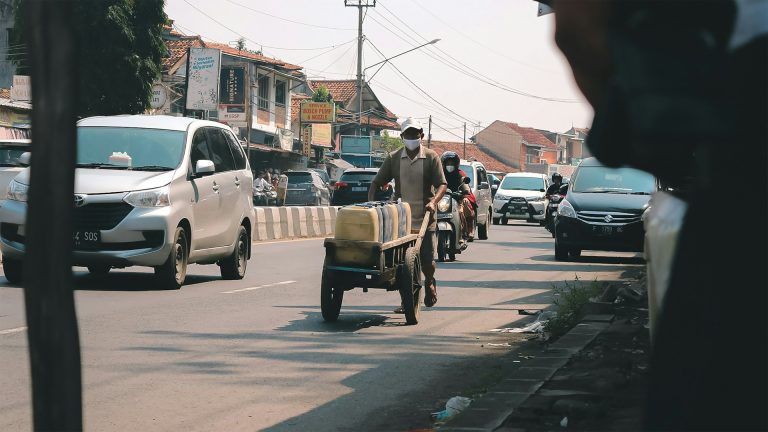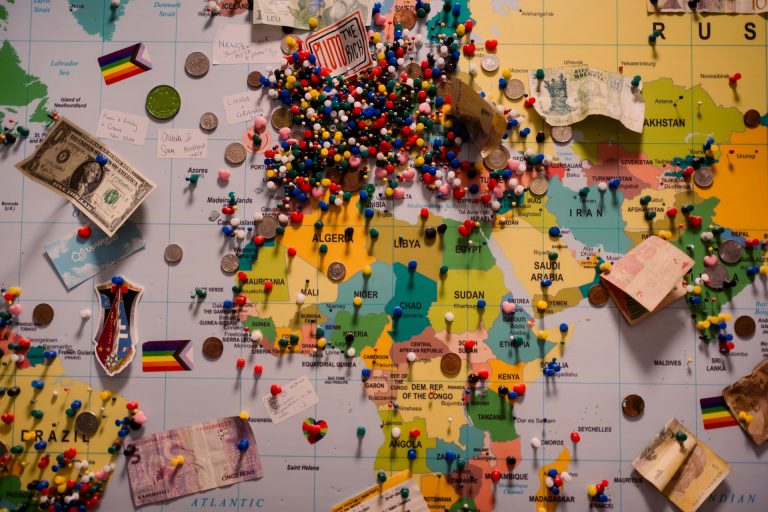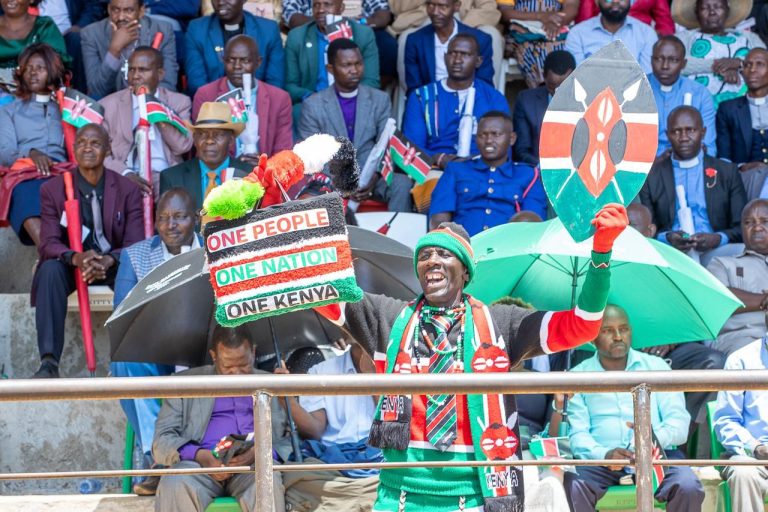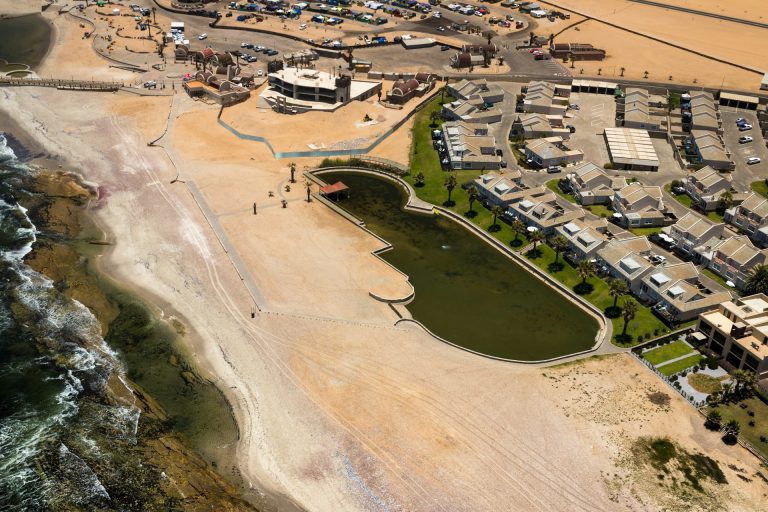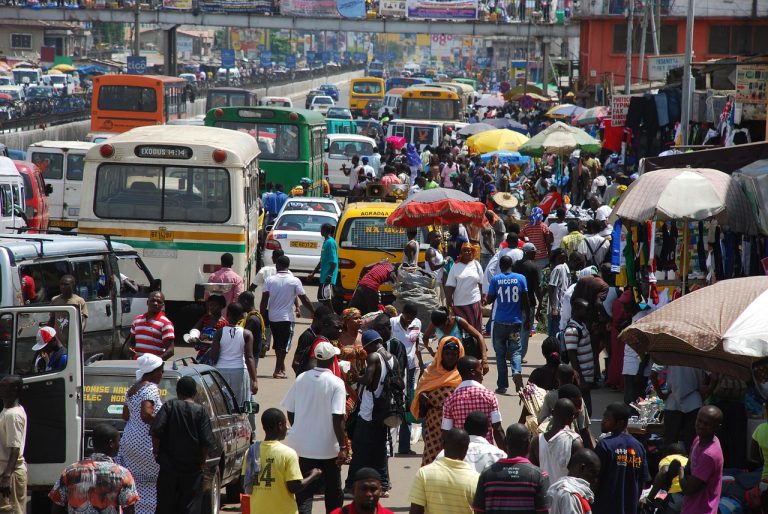- Inflation remains stable for the 12th consecutive month
- Central bank keeps interest rate at 6% amid economic resilience
Tanzania’s inflation rate held steady at 3.1% in January, unchanged from December 2024, as falling costs of electricity, housing, water, gas, and transportation offset a rise in food and beverage prices, according to data from the country’s statistics office.
This article is free to read.
Sign up for free or sign in to continue reading.
Unlike our competitors, we don't force you to pay to read the news but we do need your email address to make your experience better.
Create your free account or sign in
The consumer price index rose 0.6% month-over-month, driven by higher costs for staples such as wheat, bread, rice, finger millet grains, maize flour, goat meat, fresh fish, raw milk, oils and fats, groundnuts, and vegetables. Core inflation, which excludes food, energy, and utilities, declined to 2.7% from 2.9% in December 2024, reflecting price stability in non-food categories.
Monetary Policy and Economic Outlook
The Bank of Tanzania maintained its benchmark interest rate at 6% for the third consecutive time in early January, aiming to keep inflation below its 5% target. With inflation remaining stable throughout the past year—fluctuating between 3.0% and 3.1%—the policy stance reflects the central bank’s cautious approach.
“The strong dollar earnings and IMF disbursements in the last two months (November and December) helped in maintaining the inflation level,” said Tewodros Sisay, Economic Advisory Leader at Deloitte Africa. “Our expectation is inflation will slowly pick up to around 3.4%-3.5% by the end of the year in line with increased government spending related to elections, pressure on the Tanzanian shilling, and a widening current account deficit. This is still below BoT’s inflation target of 5%.”
Growth Prospects and Potential Risks
Tanzania is set to remain one of the fastest-growing economies in the region, with GDP projected to expand by 5.9% this year, supported by strong performances in services and industry, particularly trade, mining, construction, and investment.
Despite the positive outlook, the central bank may consider a rate hike to counteract the expected depreciation of the local currency, which could fuel inflation. Foreign direct investment in Tanzania’s mineral sector is anticipated to grow, while geopolitical tensions between Rwanda and the Democratic Republic of Congo could pose risks to the country’s economic stability, given its shared borders with both nations.


